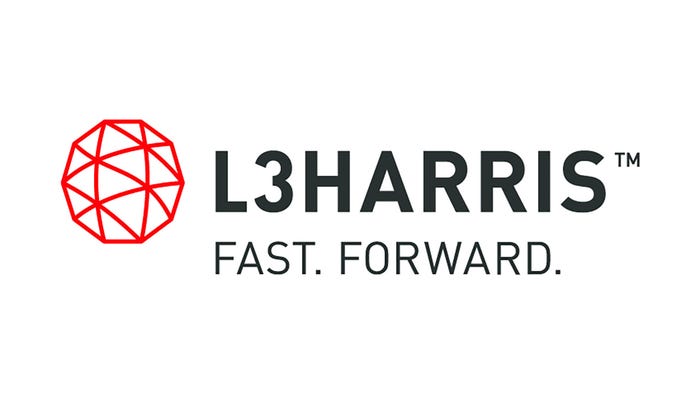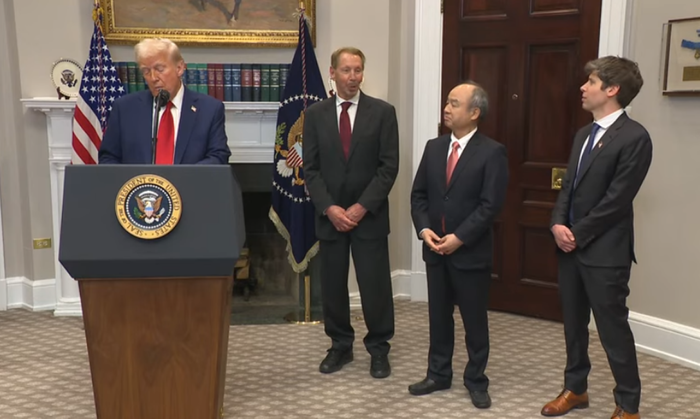Fitzgerald blasts FirstNet’s actionsFitzgerald blasts FirstNet’s actions
Claims that FirstNet board lacks proper transparency and isn't adequately receiving input from public safety; fellow board members, including those from public safety, reject the claims.
April 24, 2013
In the first public sign of discontent within FirstNet, board member Paul Fitzgerald — former president of the National Sheriffs Association — yesterday leveled a series of allegations regarding the board’s actions, including conflicts of interest, improper hiring practices, failures in communicating with board members and efforts to suppress or ignore public-safety input into the plans for the network.
“I ask all of you, as fellow FirstNet board members, where are the checks and balances?” Fitzgerald said during yesterday’s board meeting, which was webcast. “Where is the openness and transparency promised in the law that created this agency? Why are certain public-safety board members being sidelined, while a faction led by industry members proceeds without us?
“Again, I ask each of you: If I don’t know what we’re doing, how can the millions of public-safety members, for whom I sat in this chair, have any idea how the network being envisioned will meet their needs? I wish I had an answer. For those of you for whom these concerns are new, I expect that you have no answer either. And an answer is surely required.”
Fitzgerald was scheduled to present a report on the public-safety advisory committee (PSAC) that was created to provide input to FirstNet, based on the board’s agenda for the meeting. Instead, Fitzgerald read a motion that describes a proposed network plan provided to the board on Friday as “flawed.” In the motion, Fitzgerald said the plan was developed by members with a “possible conflict of interest — or the appearance thereof — that has not been publicly disclosed.”
The motion also calls for review committees to evaluate the work done by the board to date, including the proposed network plan. The motion was tabled, and FirstNet Chairman Sam Ginn called for an immediate investigation, although he later noted that Fitzgerald did not provide evidence to support his claims.
“I am very troubled by the allegations of misconduct,” Ginn said. “I want those issues dealt with immediately, in some way, whether it’s counsel in [the U.S. Department of] Commerce or wherever. I want those issues dealt with — front and center — now, so this board can understand whether, in fact , the allegations are true or not.”
Prior to the motion being tabled, Fitzgerald explained the reasons for his motion (read a transcript of Fitzgerald’s statement), noting that the procedures being followed by FirstNet “are killing our credibility” with potential public-safety users.
Fitzgerald outlined the following concerns:
The proposed network plan — “The plan presented to the board for the development of the public-safety broadband network is flawed. I’m not saying it’s necessarily a bad plan, but I do say that the process by which it was developed undermined its ability to be supported by public safety.”
FirstNet’s relationship with the PSAC — “In my view, the PSAC is treated more like a necessary evil than a valuable source of public-safety advice. This troubles me to my core. How can we be designing a public-safety broadband network without public safety [being] front and center? Why is everyone sitting quietly while commercial members of this board tell public safety to sit in the corner and watch them work? Whose network is this anyway?”
Resistance to sharing information with board members — “I have not had access to financial information. Other directors must have had that information, since we’re paying for services. I do not know what the consultants working for FirstNet are being paid or how they were hired. Other directors must have that knowledge. I have not had access to the agreements pursuant to which they’re working. Other directors must have that knowledge.”
Improper meetings–“The board of FirstNet has meetings and conference calls with a quorum of directors present that are not treated as board meetings, are not publicly announced or disclosed, and are not subject to public observation. The proceedings of the public board meetings are generally well-rehearsed performances, while the real decision-making takes place in other forums. I want all my public-safety colleagues to be able to see what we are doing.”
Fitzgerald reiterated his opinion that the FirstNet board is being driven by members with commercial-wireless backgrounds instead of those with public-safety experience.
“I worked hand-in-hand with [the] Public Safety Alliance for quite some time to see this network created, and I will not sit by and watch it built by my industry board-member colleagues in accordance with their commercial vision, rather than the vision of the public-safety users of the public-safety broadband network. This is supposed to be our network.
“In conclusion, I represent to you that I will continue to focus upon the issues I have raised today for the duration my membership on this board, and each of you can expect that will not be muffled, sidelined, pressured to back down, or circumvented. No one on this board wants the public-safety broadband network to succeed more than I do.”
Other members of the FirstNet board with public-safety background acknowledged that there have been some issues regarding internal communications within the board, but all spoke in opposition to Fitzgerald’s claims of impropriety.
“The tonality of this motion makes it sound as if public safety has reservations about this board, and that is not true,” FirstNet board member Jeff Johnson, a retired firefighter, said. “Paul does, and he made the motion. That’s his right as a board member. I know he’s frustrated; I get it. But I don’t want a member of this board to believe that is a broadly held opinion by public safety.
“As I said, I am public safety. And, at some level, I resent this constant assertion that we have to go out and find public safety to listen to and to review the decisions that we make. I am public safety, and I sit here, and I have a clear, unimpeded view of every aspect of this operation that I’m interested in. I merely have to ask for it. I think to reach beyond that and to level an allegation of this nature — especially without an opportunity to remedy — is not appropriate.
“While Paul and I have known each other for a lot of years, and I have tremendous respect for him, I could not disagree with him more on this motion.”
FirstNet board member Charles Dowd — a deputy chief in the New York Police Department — expressed a similar sentiment.
“In my seat from public safety, I don’t see anybody on this board who I don’t have confidence in and doesn’t want my trust,” Dowd said. “It’s certainly a legitimate concern, to try to understand, Paul, all of the information that goes into these documents. And your desire to understand it better — again, to a lesser degree — those are legitimate concerns that I think we can talk about.
“When it comes to the issue of personal integrity and trustworthiness, I’m completely comfortable with the makeup of this board.”
FirstNet board member Kevin McGinnis echoed this opinion.
“We have heard issues of transparency raised,” McGinnis said. “This certainly raises it with a sharp edge — perhaps sharper than it needs to be. But I have to say that, at this point in time — with the efforts of the chair and the efforts of my fellow board members — I am very satisfied with the direction that we are headed in, dealing with issues of transparency, in making sure that our work is understood, and making sure that the information that we are dealing with when we make our decisions is shared with the public-safety world.
“So, I’m very optimistic about our near future and our future. I also do not share the degree of concern that Paul has reflected in this motion. I look forward to sort of tearing it apart and analyzing the specific issues that he’s raised, so that we can get past them.”
FirstNet board member Wellington Webb said that he was “blindsided” and a “little taken aback” by the motion, adding that he supported Fitzgerald’s efforts during a work session on Monday to seek more openness and expand outreach programs.
“It’s the wrong motion, wrong time, wrong place,” Webb said.
After the meeting, Fitzgerald declined to answer questions from the press about his motion.



